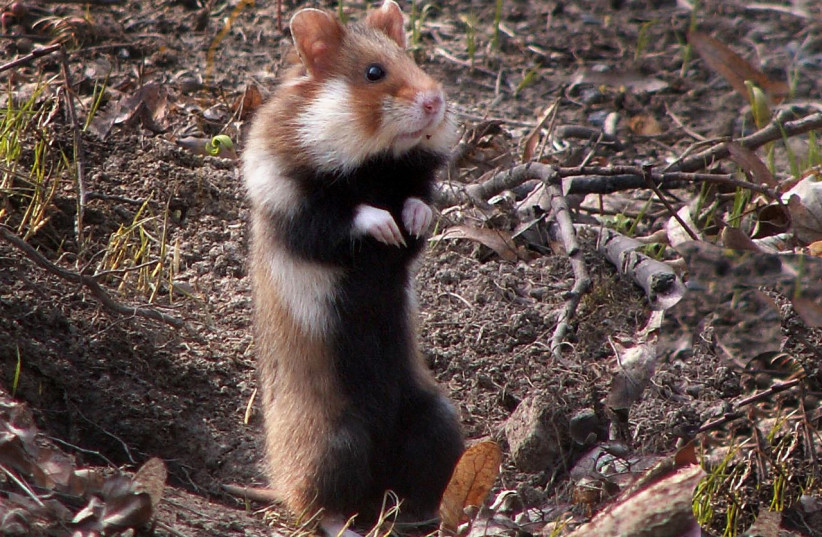The European Center for Disease Control and Prevention instructed people infected with monkeypox to isolate or even euthanize their hamsters and guinea pigs on Thursday.
Little is known about the chances of other pets such as cats and dogs of catching monkeypox from their owners because little is known about how they serve as hosts for the disease, but rodents are known to be more suitable hosts than humans, so them catching the virus from their owners is very possible.
"Rodents pets should ideally be isolated in monitored facilities, complying with respiratory isolation and animal welfare conditions and tested for exposure before quarantine ends," the ECDC wrote.
"Euthanasia should only be a last resort reserved to situations where testing and/or isolation are not feasible."
European Center for Disease Control
The instructions added that mammalian pets could be isolated at home as a precaution since not much is known about their likeliness to carry monkeypox.

The monkeypox outbreak
Monkeypox has been spreading through Europe in the last few weeks. While it's been known to appear in areas of Africa, it has not previously been known to spread rapidly throughout the world.
Last week, the WHO held an emergency meeting to discuss the outbreak as cases in Europe passed 100.
